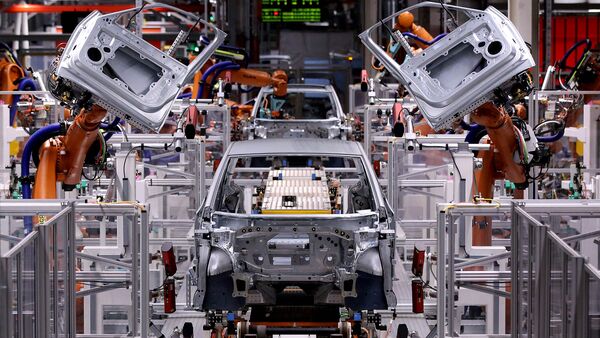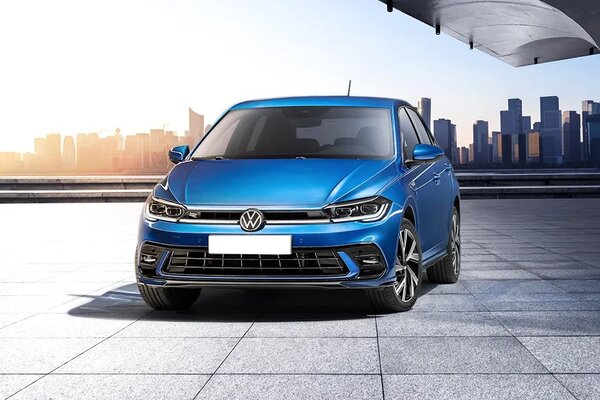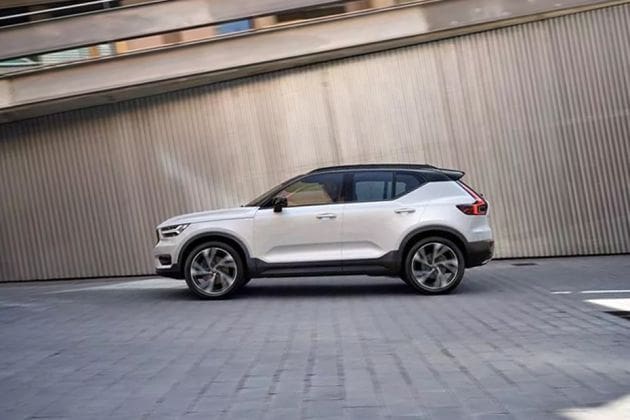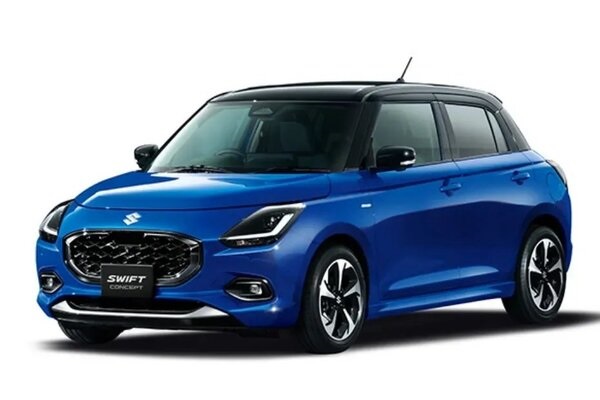GM, Harley-Davidson suspend some business in Russia following Ukraine invasion
- General Motors does not have any plants in Russia, but it sells about 3,000 vehicles annually there and has limited supply-chain exposure.


Several automakers such as General Motors (GM) and Daimler Truck have suspended some business in Russia following the country's invasion of Ukraine. As the former country attacked the latter, many firms have idled operations in Russia following Western sanctions against it.
GM has said it would suspend all vehicle exports to Russia until further notice. Though the carmaker does not have any plants in Russia, it sells about 3,000 vehicles annually there and has limited supply-chain exposure. "Our thoughts are with the people of Ukraine at this time," the company said in a statement. "The loss of life is a tragedy and our overriding concern is for the safety of people in the region."
Also check these Cars
Harley too suspended its business in Russia as the bike maker relied on Europe and the Middle East for 31% of sales last year. It doesn’t break out sales to Russia.
Volvo Cars has also suspended car shipments to the Russia until further notice, becoming the first international automaker to do so. The company justified its action stating that there are "potential risks associated with trading material with Russia, including the sanctions imposed by the EU and US." The carmaker exports vehicles to Russia from plants in Sweden, China and the US. It sold around 9,000 cars in Russia in 2021.
Volkswagen also temporarily suspended deliveries of cars to dealers in Russia until further notice. "Deliveries are to resume as soon as the effects of the sanctions imposed by the European Union and the United States have been clarified," a company spokesperson said in a statement. The carmaker has also halted production for a few days at two of its German factories due to a delay in getting parts made in Ukraine. (Read full report here)
Mercedes-Benz Group is also looking into legal options to divest its 15% stake in Russian truck maker Kamaz as quickly as possible, the Handelsblatt newspaper reported. A company spokesperson said in a statement that business activities would have to be re-evaluated in light of the current events.
(with inputs from Reuters)








 999 cc
999 cc Petrol
Petrol



















